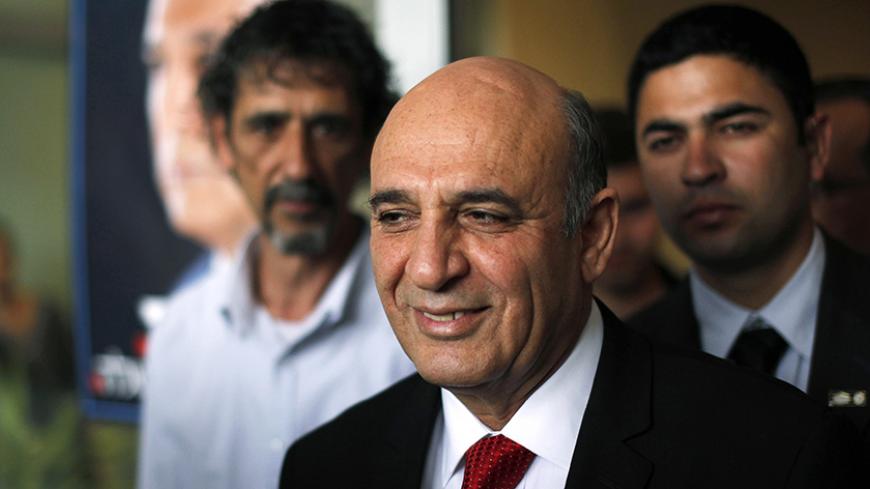In summer 2008, then Transportation Minister Shaul Mofaz geared up to run for head of the Kadima Party. He was preparing to run opposite then Foreign Minister Tzipi Livni in the elections planned for September of that year, after the dismissal of Prime Minister Ehud Olmert as party head in the wake of the Talansky affair. At the time, Kadima was the ruling party, Olmert was still prime minister, and his successor as head of Kadima had an opportunity to replace him as premier.
Mofaz, who was convinced that he was very close to reaching the prime minister's office, hired the services of Jewish-American consultant Arthur Finkelstein. The latter conducted a comprehensive, in-depth study based on a series of polls regarding the voting patterns of Kadima Party members.



